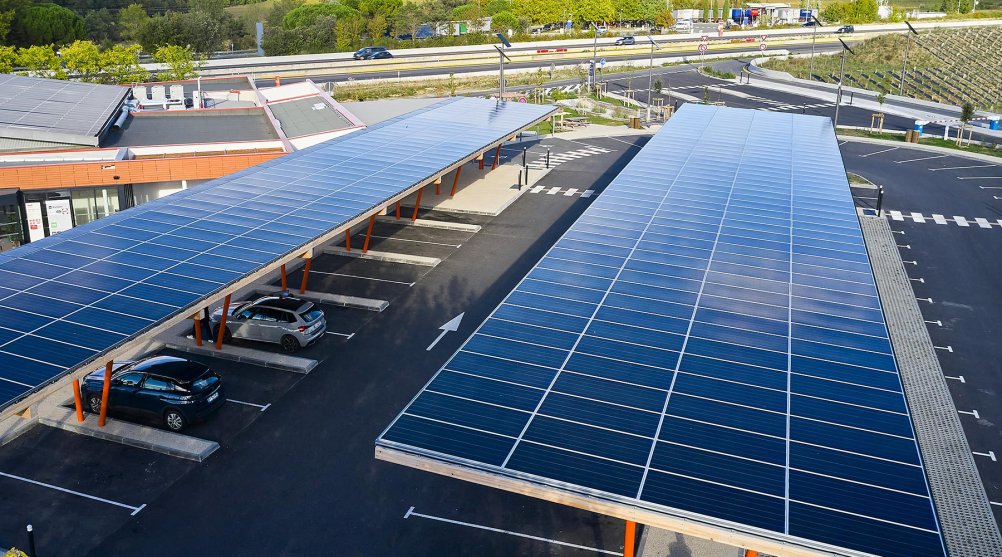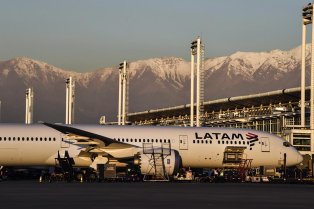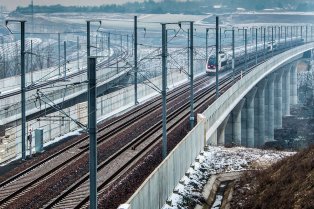Building and managing road infrastructure
VINCI finances, designs, builds and operates roads, motorways, urban roads and bridges in France, where VINCI Autoroutes is the leading motorway concession holder, and internationally, where VINCI Highways (VINCI Concessions) manages a network covering more than 3,500 km in about 15 countries.
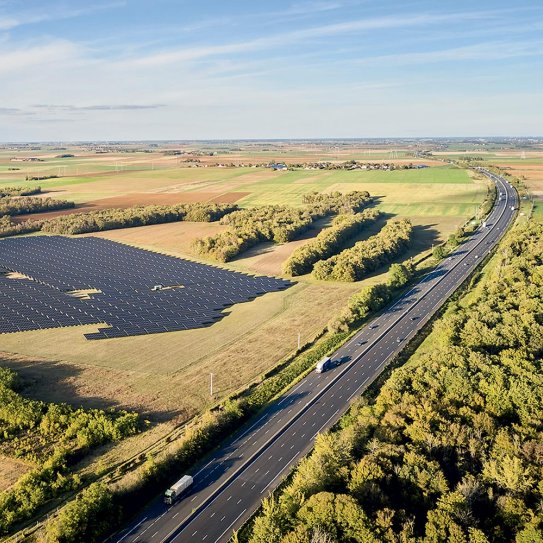
Ensuring safety by aiming for operational excellence
The primary mission of VINCI's motorway teams is to improve user safety whatever the circumstances and maintain the networks where its employees work. To achieve this ambition, they are actively pursuing an operational excellence strategy based on both infrastructure and service quality.
In France, VINCI Autoroutes has created the first training centre for motorway workers known as the École des Métiers de l'Autoroute, not only for motorway staff but also for all road professionals. The school provides training open to all road professionals beyond VINCI Autoroutes patrol officers, from the emergency services to breakdown services and works companies.
Internationally, VINCI Highways is developing intelligent systems to improve tunnel monitoring and preventive maintenance operations. VINCI Construction also helps increase infrastructure safety through its road industry processes, such as Smartvia®, which assesses road surface damage and deformation in real time.
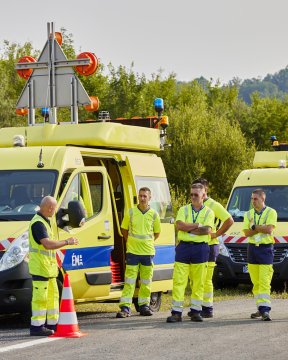
Spearheading initiatives to boost social and economic vitality in local communities
Roads act as a lifeline for serving communities and actively contribute to their economic and social development. In its role as a concession company and developer as well as an infrastructure operator, VINCI is committed to working alongside local stakeholders to improve mobility for residents, and extends this commitment through its corporate social responsibility initiatives. For example, VINCI Autoroutes has set up the social joint venture Inva in France, which trains and helps people back into stable employment. In Colombia, VINCI Highways supports community outreach projects run by local authorities to reintegrate former FARC fighters into society or help migrants who use the motorway on foot.
Decarbonising motorway mobility
The pathway to a low-carbon economy inevitably requires a major effort to massively decarbonise road mobility. VINCI is committed to moving this approach forward. Increasing the number of EV charging terminals at motorway service areas (all service areas in France have been equipped since 2023), trialling innovative technologies for dynamically charging electric HGVs while in motion, developing car parks and carpooling services to reduce single occupant vehicle commutes, creating multimodal interchanges linking the motorway to the public transport networks in urban areas, and installing solar power plants along motorways to support the anticipated rise in the number of electric vehicles using the network are just some of the initiatives helping transform roads into a low-carbon form of mobility.
